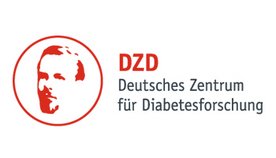
Helmholtz Diabetes Center Institute for Diabetes and Endocrinology
Our entire lives are controlled by hormones, every minute of every day! We are applying cutting edge genomic technologies to uncover novel mechanisms and drug targets regulating metabolic and inflammatory gene networks.
Our entire lives are controlled by hormones, every minute of every day! We are applying cutting edge genomic technologies to uncover novel mechanisms and drug targets regulating metabolic and inflammatory gene networks.
About our Research
Hormones like Glucocorticoids are powerful physiological regulators and important drugs (for example cortisol, cortisone, dexamethasone, prednisone). They bind to and activate the Glucocorticoid Receptor, which is a member of the nuclear hormone receptor superfamily of transcription factors. Here at IDE, we are studying Glucocorticoid responses as an entry point for the discovery of novel molecular mechanisms underlying the pathology of metabolic and inflammatory disorders, and for the identification of innovative therapeutic approaches. Our scientists are combining preclinical models and molecular genetic tools with omics and bioinformatics approaches to understand how stress hormones or immunomodulatory drugs control gene networks. Current areas of interest include circadian rhythms, nutritional programming, hepatic metabolism and aging.





















